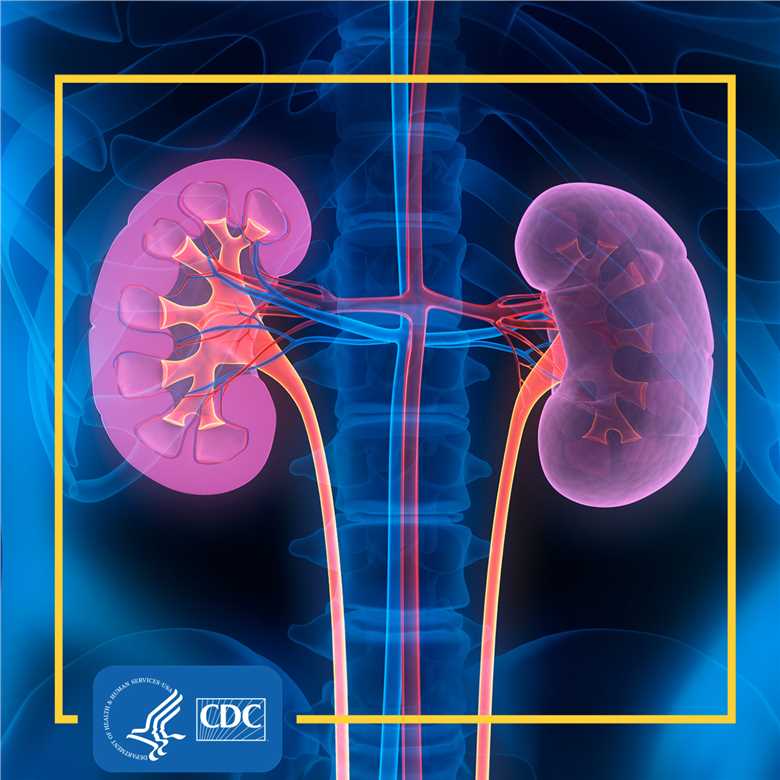Safety pharmacology is an important part of the drug development process that aims to predict and identify adverse efficacy before clinical trials. The supplemental safety pharmacology study facilitates to develop a greater understanding of mechanistic effects on key functions and assess potential undesirable effects on other organ systems, such as renal/urinary systems. Based on advanced technologies and seasoned experts, Creative Biolabs has a series of versatile, powerful follow-up safety pharmacology services that can be used when the core battery or repeat-dose toxicity studies cannot solve current pharmacological challenges of the novel test substance.
Supplemental Safety Pharmacology
Additional safety concerns could arise from in vitro or in vivo studies, clinical trials, or the safety pharmacology core battery. It is possible that safety pharmacology core battery tests may not address all potential adverse effects of a drug candidate. And adverse effects could be suspected due to the drug class. When these adverse effects raise concerns for human safety, the assessment of drugs should be followed up with supplemental safety pharmacology, which is meant to evaluate potential adverse pharmacodynamic (PD) effects on different organ system functions, to provide a greater depth of understanding.
Supplemental Safety Pharmacology Studies on Renal/Urinary System
The kidney is a complex excretory organ that plays a critical role in various physiological processes, including fluid and electrolyte balance, removal of waste products, drug disposition, and control of blood pressure. Drug-induced kidney injury (DIKI) is still a significant cause of drug attrition during drug development. The in vivo assessment of renal function remains the most common methodology to identify DIKI, though some in vitro investigational tools developed. In general, stand-alone safety pharmacology studies encompass the assessment of glomerular and hemodynamic functions, coupled with urine and plasma analyses. The most widely used approach consists in integrating renal/urinary measurements in repeated dose toxicity studies. In addition to histopathological examination and standard analysis of kidneys, novel promising renal/urinary biomarkers have emerged, offering higher sensitivity and specificity than traditional renal parameters.
Supplemental Safety Pharmacology Services at Creative Biolabs

The kidney regulates the volume and concentration of bodily fluids by producing urine, as well as by the removal of minerals and waste products from the blood. Additional safety pharmacology investigations can be used to determine mechanisms of drug candidates on vital functions and identify potential adverse effects on organ systems. At Creative Biolabs, we’d like to offer multiple supplemental safety pharmacology services to evaluate the influences of test substance on renal/urinary system to reduce the underlying risks on this organ prior to the clinical setting.
-
Renal Parameters
-
urinary volume
-
specific gravity
-
osmolality
-
pH
-
fluid/electrolyte balance
-
blood chemistry determination
Among them, we can perform many different blood chemistry determinations, as for example, creatinine, plasma proteins blood urea nitrogen. If you have preferred parameters but not mentioned, please don’t hesitate to consult us.
-
In Vitro Models
We have developed a diversity of cell types (no less than 15 cell lines) in the tubular epithelium, derived from human, mouse, rat, and rabbit, as well as several immortalized renal cell lines, to study ischemic or hypoxic injury, effects of nephrotoxic agents, congenital renal diseases, and renal fibrosis or cancers. And various biochemical parameters can be measured in cell cultures to evaluate adhesion, proliferation, polarization, and differentiation of renal cells.
-
In Silico Models
A number of in silico models for renal excretory function have also been established by us based on updated technologies.
-
Biomarkers of Kidney Injury
The ideal biomarkers should reveal the necessary sensitivity and specificity to predict the toxicity of test substances on pre-clinical models and on human beings in clinical trials. We have varieties of qualified biomarkers and novel exploratory biomarkers to perform toxicity identification and risk assessment.
Highlights
-
Miscellaneous strategies to satisfy supplementary safety pharmacology on renal systems
-
100% guaranteed quality for all results consistent, repeatable
-
Lower costs and shorter time course
-
A full delivery with data, report, graph, and all details
As a leading provider in the pharmaceutical industry, Creative Biolabs has committed to performing supplemental safety pharmacology studies on renal/urinary systems for many years and is pleased to offer multiple testing services to satisfy clients’ needs on different projects. We’re skilled at using routine urine and serum samples to evaluate drug-induced renal impairment and carrying out isolated organ preparations for additional mechanistic studies. With the help of our professional guidelines and state-of-the-art technologies, clinical trial participants and patients receiving to-be-marketed products can efficiently be protected from adverse effects of pharmaceuticals while avoiding unnecessary waste of animals and other resources.
For Research Use Only.





